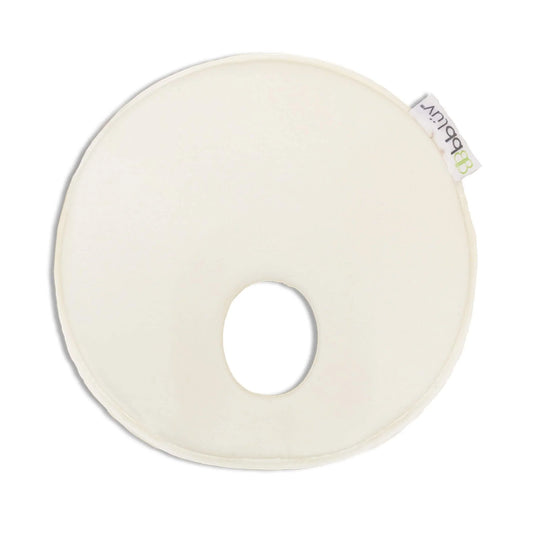As our children discover the world, an intense stage of curiosity begins in which everything seems to generate questions, even the most complex topics. In their innocence there are no filters, and although many times those difficult questions from children leave us blank, as parents it is important to answer assertively and empathetically.
5 Keys to Answering Children's Tough Questions
From the age of 3, children develop a very particular curiosity in which they question many things, even the most far-fetched and complex! As they discover how the world works, they also want answers and to understand the origin of things, and the classic questions of why, how, where, who, when… begin.
Although these questions often catch parents off guard, and can disconcert or even make us uncomfortable, curiosity is the key to learning , and therefore it is a quality that we must foster. To do this, it is very important to ensure open communication , a safe space where they know they can always go.
Parents who are open to dialogue with their children facilitate the approach to other important issues such as racial, religious, sexual and self-esteem issues, thus improving balance and the relationship between them, explains the British doctor. Miriam Stoppard , an expert in education and child health, in her book The tough questions kids ask .
*Miriam Stoppard, a British doctor and writer specialising in parenting, childcare and women's health. She has published 8 books (with over 25 million copies sold) on conception, pregnancy and childbirth, child care and development, and women's health.
That mutual trust also strengthens the the child's safety, and with it their confidence and self-esteem.
It's not always easy, we know, so in this article we share with you 5 keys to answer those difficult questions from your children with assertiveness and empathy.
Don't blame him for asking and celebrate his curiosity.
Curiosity is the key to learning, which is why it is a quality that we should celebrate and encourage in children. So the first thing is to show that you are interested in their concerns and worries, and to make them feel that they can have effective and trusting communication with you.
Let your child know that they are in a safe space where their curiosity is always welcome. If you just say “it’s adult stuff,” you might make your child understand that these topics are off-limits, and they might feel guilty or censor themselves next time.
Try to answer spontaneously
This may be a bit more challenging, but you're a mom, you can do it! Maybe your child brings up something uncomfortable, like death, divorce, or sex, topics that even among adults we find difficult to talk about, but even if their question unsettles you, try to respond spontaneously and calmly.
If you react negatively or get very nervous, or if you evade the question and change the subject, your child may feel that he or she did something wrong by asking you. If you need a moment to think of an appropriate response, you can ask for a few minutes while he or she is playing or doing something else, and give yourself that time to think about it. It doesn't have to be all at once, but don't let it go by either.
Listen to his opinion on the subject
Before answering, you can delve a little deeper into the origin of their question. Many times what they are questioning has to do with a situation they experienced in kindergarten or school, something they heard by accident, television, social media, their imagination, etc.
Even your concern may refer to something completely different than what we think. That context is key to better understanding your question and thus giving you a more appropriate answer.
Be honest and clear for her age
Although we often underestimate them, children understand much more than we think, so answer them directly and clearly, always adapting to their ability to understand. If you go around in circles and make a very long answer, you will only make your child more confused, and instead of answering their question, you will generate more doubts.
Of course, we cannot talk to them as we would as adults, there are things that they do not understand or do not need to know yet because of their age, but it is important to be clear, coherent and adapt that information to their age. It is not obligatory to tell everything with rigor and luxury of detail, but it is very important not to lie, otherwise your child may form wrong ideas.
If you don't know the answer, look it up together.
In a study conducted by the UK's Institution of Engineering and Technology (IET) , in which more than 1,000 parents with children aged between 4 and 12 participated, two thirds of respondents (yes, two thirds!) admitted to having answered incorrectly rather than admit their ignorance...
61% of parents said they feel terrified when their children take them by surprise with difficult questions and also admitted to having tricked these inquisitive little minds with tricks ( BBC World) .
But it's okay for your child to know that you don't have all the answers and that you're not an expert on everything (even if they see you as a know-it-all!). So if you don't have the answer, be honest and explain that you don't know, but that you'd love to figure it out together.
Let that curiosity connect you and thank him or her for his or her curiosity, show him or her that he or she can also teach you things. For example: “What a good question, I had never thought of that, let’s find the answer together, I want to know too!”
You may also be interested in Separation anxiety in babies and its signs









